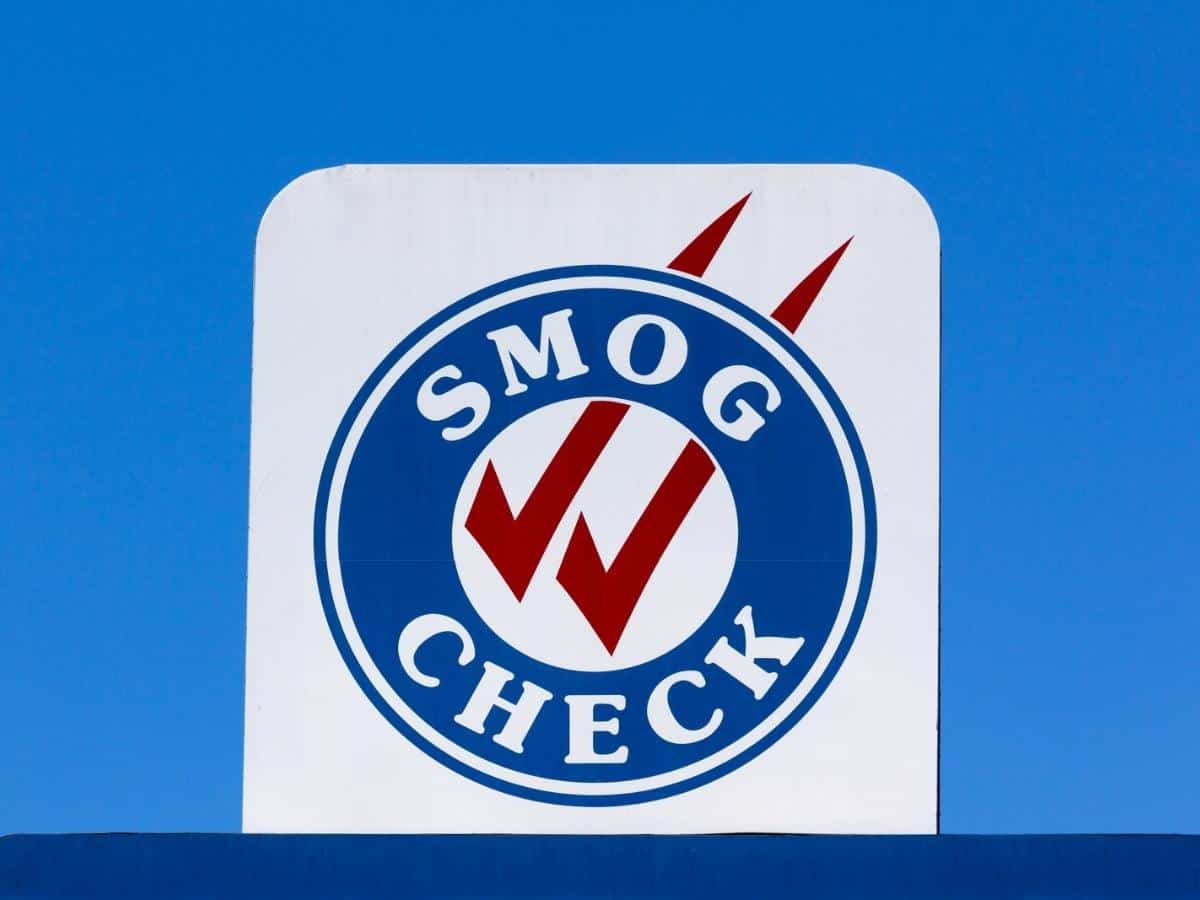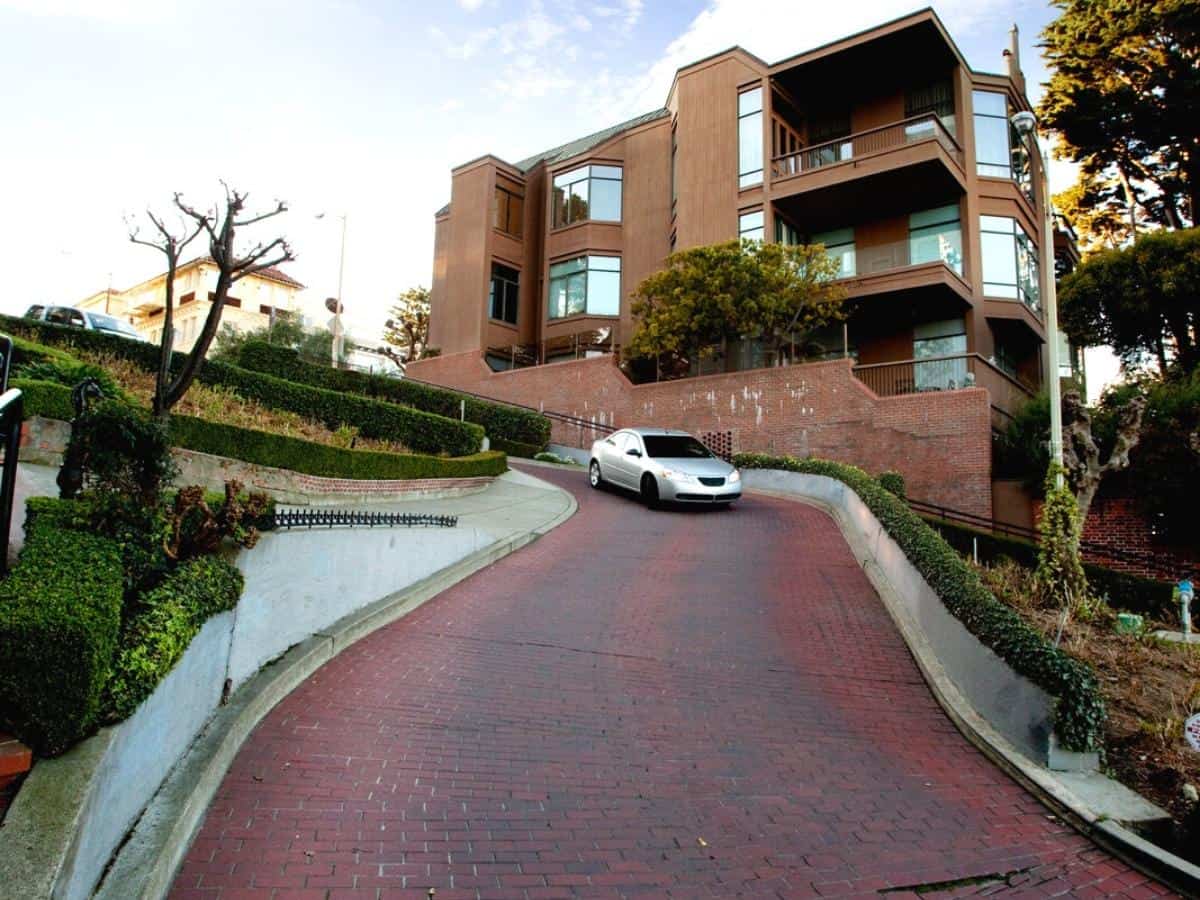Can I sell a car in California without smog certification? After all, this is a valid concern among car owners since this is usually a requirement for registration.
The law dictates that the seller should secure the certification and turn it over to the buyer if the transaction is successful. So, you generally need a smog certificate to sell a car in California, but there are a few exceptions.

Obtaining a Smog Certification to Sell a Car in California
A smog test, also known as a smog check or emissions test, is implemented in compliance with the Clean Air Act as mandated by the Environmental Protection Agency (EPA). It’s part of a program started by the Bureau of Automotive Repair (BAR) in 1984.
The purpose of a smog test is to inspect and ensure that a vehicle’s fumes are within BAR’s standards. These standards were established to help reduce toxic emissions from automobiles to minimize air pollution.
When Do I Need a Smog Certification to Sell My Car in California?
If you’re selling your car, provided it’s no less than four years old, you must obtain a smog certification. Otherwise, the buyer will only need to pay a smog transfer fee.
You may also create a documented agreement with the buyer that the latter is willing to buy the car without a certification. In this agreement, the buyer declares that he will be the one to shoulder the smog check.
When Is a Smog Test Not Required?
Which kind of car doesn’t need a smog test? Here are the California DMV’s exemption criteria:
- Gasoline-powered wherein the model year is 1975 or older
- Diesel-powered, wherein the model year is 1997 or older year model
- Powered by natural gas or another sustainable fuel alternative
- Electrically powered
- Gasoline-powered and less than eight model years old
- When the car for sale is less than four years old

How Can You Prepare for a Smog Certification in California?
Smog tests should be done in a station accredited by BAR. Depending on the car’s condition, the inspectors may recommend or require repairs before the smog test compliance certification issuance.
You can also go to a smog check station for an unofficial test called a pretest or pre-inspection. This way, you can spot emission-related issues that may come up in a smog check beforehand.
This pretest will help you better prepare for the actual inspection. Remember, though, that a smog certification won’t be issued in a pretest, even if everything goes well.
What Factors Could Affect Smog Test Results?
Proper and regular car maintenance is the key to passing the smog test. However, unless you are a certified mechanic, you should never tamper with your car’s emission control systems.
To help you secure that smog certification, here are some of the most important factors to keep in mind:
Engine Condition
If the check engine light flashes, take your car to a trusted auto repair shop as soon as possible. Make all the necessary repairs, if any, before a smog check.
Moreover, drive the car for about 20 minutes before the smog test. This will warm your car to ensure proper fuel mixture and combustion levels so it’s in its best condition during the inspection.
Battery Disconnection
If your car battery was recently disconnected or replaced, it’s best to wait for a week before taking your car to a smog check station. If you can’t wait a week, drive your car for about 100 to 200 miles.
Smog check inspectors need enough data in your car’s internal test monitors to complete the test.
Oil Change
If possible, try to schedule an oil change before the inspection because contaminated or dirty motor oil could result in a failed smog test. That’s because the fumes coming from the oil compartment spread throughout the engine and mix with its combustion.
A regular oil change will help your engine run smoothly and efficiently and reduce emissions.
Sufficient Tire Pressure
Car owners should know that tire pressure is critical in any giver car’s emissions. If a car is under-inflated, it consumes more fuel than necessary because of higher rolling resistance.
It’s also important to know that a car tire loses one psi per month on average. Thus, checking your car’s tire pressure once a month and before the smog test is recommended.

What if the Car I’m Selling Doesn’t Pass the Smog Test?
If the car fails the smog check, you will receive a report from the station stating the findings and the basis for the failure.
In the report, you’ll find recommendations for repair. You can also ask questions to clarify anything that you find inconsistent or confusing.
The good news is that most stations can perform emission-related repair work. Once the repairs are done, you can have the car retested. The station will send an electronic copy of the report and certification to DMV if the car passes the repeat inspection.
Smog Check: FAQs
Does a smog certification have a validity period?
Yes, and it’s good for 90 days. This means that if you’re selling a car that underwent a biennial smog check no more than 90 days before the sale, you don’t need to go through another one.
How often is the smog check required after the sale?
Smog checks are required during the car’s registration and once every two years afterward as long as the car is registered in the state.
How much does a smog test cost?
The cost of a smog test may vary from one station to another. Additionally, the car’s condition could affect the total expense if the inspectors require a repair or tune-up. So, we recommend canvassing around before going for a smog check.
References:
- Clean Air Act: epa.gov
- Smog transfer fee: dmv.ca.gov
- California DMV’s exemption criteria: dmv.ca.gov
- BAR standards: bar.ca.gov





